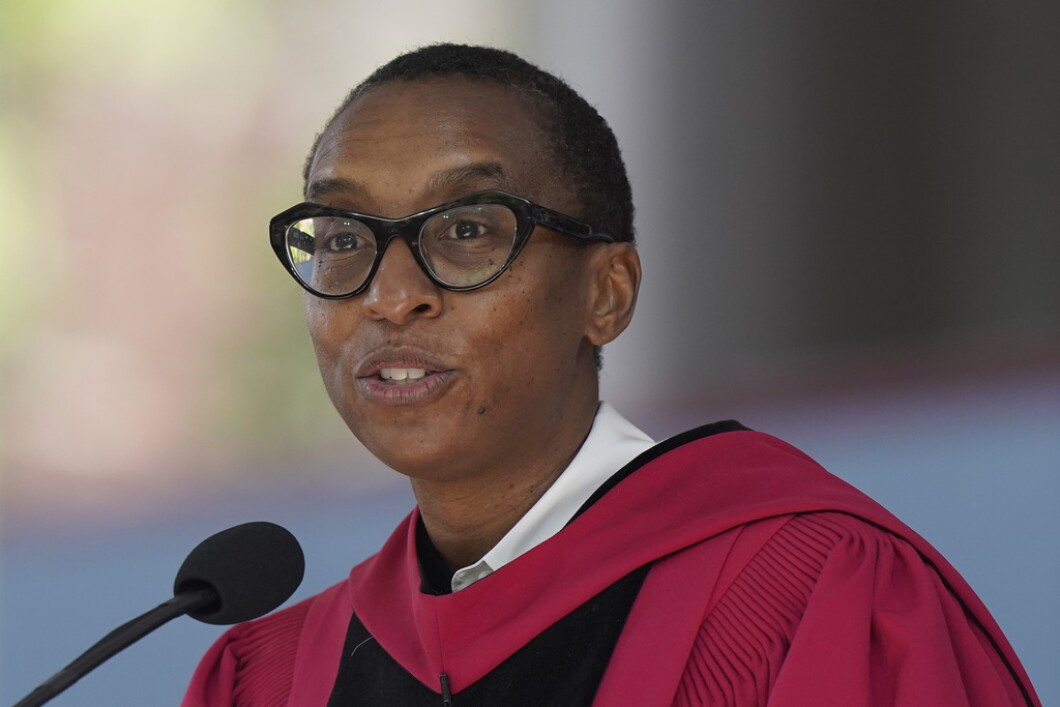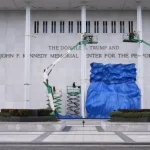
Harvard’s decision to support President Claudine Gay amid credible allegations of plagiarism is a departure from the institution’s recent handling of such situations, which included harsh penalties for students who plagiarized their work.
The Harvard Corporation, which oversees the Ivy League university, issued a statement Tuesday that expressed support for Gay despite a tumultuous two months, during which the Harvard president declined to say if calling for the genocide of Jews violated the university’s code of conduct at a congressional hearing. At the same time, Gay was facing allegations of plagiarism for several scholarly articles she wrote, including her doctoral thesis.
BIDEN IMPEACHMENT INQUIRY: HOUSE VOTE INCLUDES ‘SIDECAR’ RESOLUTION TO ENFORCE SUBPOENAS
The corporation said it had launched a review into Gay’s scholarly work in October and that following that review found “a few instances of inadequate citation” but that the instances did not violate “Harvard’s standards for research misconduct.” Even so, two of Gay’s past works are now being corrected.
The corporation’s conclusion stands in stark contrast to the elite university’s track record of addressing plagiarism. In the past, Harvard has not shied away from expelling students who violate the school’s plagiarism policy.

“Students who, for whatever reason, submit work either not their own or without clear attribution to its sources will be subject to disciplinary action, up to and including requirement to withdraw from the College,” the university’s plagiarism policy reads. “Students who have been found responsible for any violation of these standards will not be permitted to submit course evaluation of the course in which the infraction occurred.”
Indeed, the institution widely recognized as among the country’s most elite and exclusive institutions has backed up its plagiarism policies with action.
During the 2020-2021 school year, for example, the university recorded 138 cases of academic integrity violations, including 47 incidents of plagiarism and 60 instances of exam cheating, according to the Harvard Crimson. The college also recorded five instances of “misuse of sources” and 16 incidents of “inappropriate collaboration.”
Of the 138 incidents, the university forced 27 students to withdraw that year. Data from more recent school years are currently unavailable.
In addition to the university’s self-reported data from 2020-2021, Harvard has endured other cheating and plagiarism scandals in the past.
In 2013, the university forced dozens of students to withdraw following a headline-grabbing cheating scandal that implicated more than 100 students who were taking an “Introduction to Congress” class. That case involved plagiarism and instances of inappropriate collaboration.
CLICK HERE TO READ MORE FROM THE WASHINGTON EXAMINER
Other Ivy League schools have shown a similar zero-tolerance policy towards plagiarism. In 2008, Columbia University fired psychology and education professor Madonna Constantine after concluding she had plagiarized her academic work while accusing those whose work she plagiarized of plagiarism.
Harvard did not respond to a request for comment.





